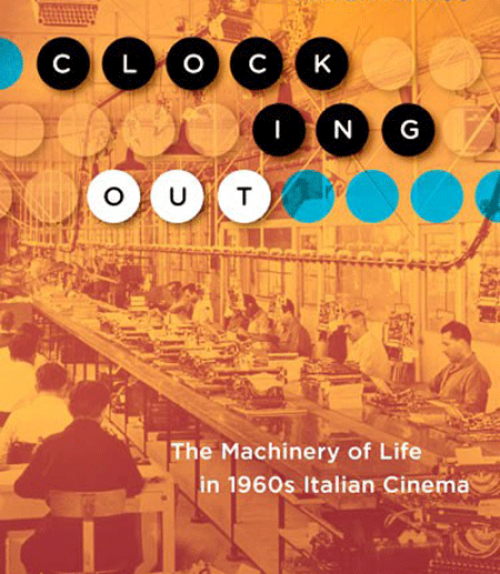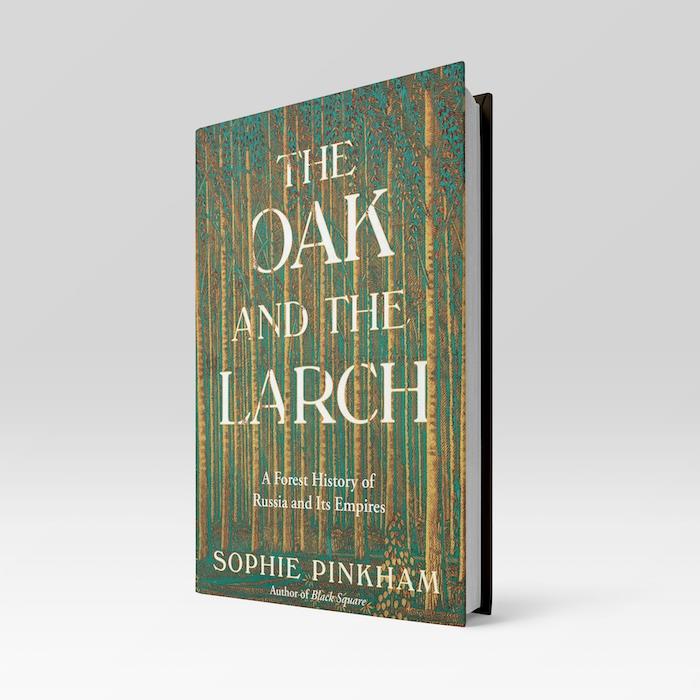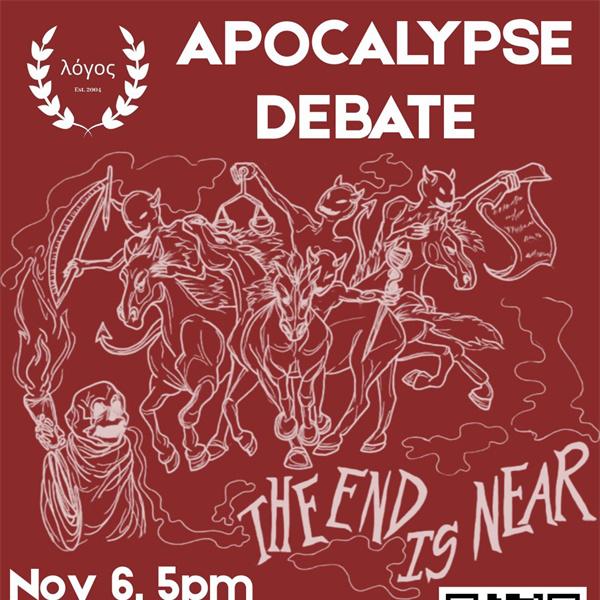
 Department Homepage
The College of Arts & Sciences
Department Homepage
The College of Arts & Sciences
Book on ’60s film has insight on work in modern times
"What is the dividing line between work and life?”



